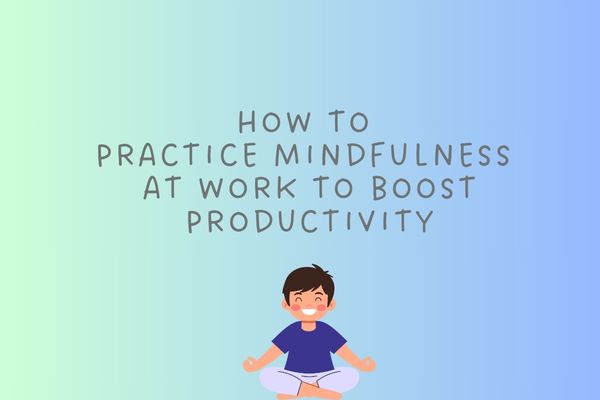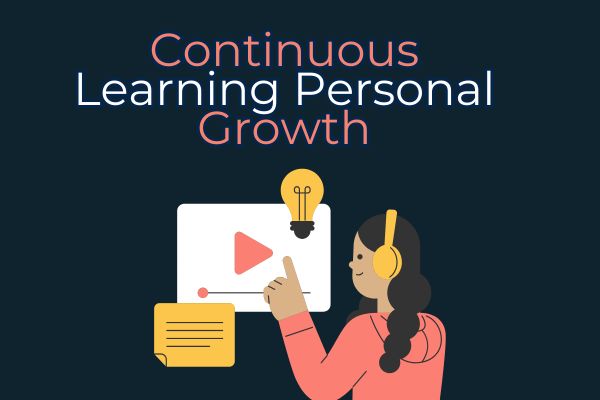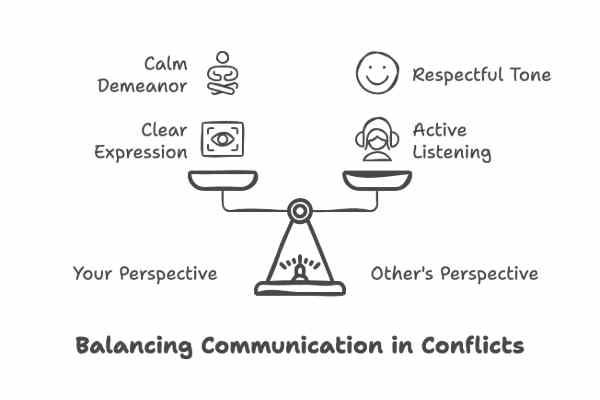In today’s fast-paced world, finding moments of calm and introspection is crucial for mental clarity and personal growth. Reflection, whether done in the morning or evening, is a powerful practice for evaluating your thoughts, goals, and emotions. But when is the best time to reflect? Should you start your day with a fresh perspective or end it by reviewing your experiences?
In this article, we’ll explore the benefits and challenges of both morning and evening reflections, compare their impact on productivity and mental well-being, and help you determine the best time for your reflective practice.
Understanding the Purpose of Reflection
Reflection is more than just introspection; it’s a deliberate act of pausing to think deeply about your life, actions, and experiences. It allows you to:
- Gain clarity about your goals.
- Recognize areas for self-improvement.
- Cultivate gratitude and mindfulness.
- Process emotions and reduce stress.
Whether you choose morning or evening reflections, the key is to integrate them consistently into your daily routine.
Benefits of Morning Reflections
Morning reflections set the tone for your day. By taking time to focus your thoughts and intentions, you can approach the day with a sense of purpose and clarity.
1. Setting Intentions for the Day
Morning reflections provide an opportunity to plan your day with intention. By identifying priorities and goals, you can direct your energy toward what truly matters.
Example Practice:
- Write down three goals for the day.
- Visualize completing tasks with focus and success.
2. Boosting Positivity and Motivation
Starting your day with positive affirmations or gratitude can improve your mindset and increase motivation.
Example Practice:
- List three things you’re grateful for.
- Recite a personal mantra, such as, “I am capable of achieving my goals.”
3. Enhancing Productivity
Reflecting in the morning helps you prioritize tasks and create a clear plan for the day. This proactive approach minimizes distractions and keeps you focused.
Example Practice:
- Use a journal to outline your top priorities and schedule.
- Identify potential challenges and plan solutions.
4. Cultivating Mindfulness
Morning reflections encourage mindfulness, helping you stay present and centered as you navigate the day.
Example Practice:
- Practice deep breathing or meditation before journaling.
- Focus on one word or theme, such as “patience” or “growth.”
Challenges of Morning Reflections
While morning reflections offer many benefits, they may not suit everyone:
- Time Constraints: Mornings can be rushed, especially for those with demanding schedules.
- Mental Grogginess: Some people struggle to think clearly immediately after waking up.
Also check: Why Reflecting on Small Wins Can Lead to Big Changes
Benefits of Evening Reflections
Evening reflections allow you to review your day and prepare for the next. By reflecting at night, you can process your experiences and clear your mind before bed.
1. Reviewing the Day’s Achievements
Reflecting on accomplishments fosters a sense of satisfaction and progress, even if the day didn’t go as planned.
Example Practice:
- Write down three things you achieved, no matter how small.
- Reflect on how these achievements align with your long-term goals.
2. Identifying Lessons Learned
Evening reflections help you analyze challenges and identify lessons from your experiences.
Example Practice:
- Ask yourself, “What went well today? What could I have done differently?”
- Journal about a challenge and brainstorm possible solutions.
3. Practicing Gratitude
Expressing gratitude at night can improve your mood and promote restful sleep by shifting your focus to positive aspects of the day.
Example Practice:
- List three things or people you’re grateful for from the day.
- Reflect on a moment that made you smile or feel appreciated.
4. Promoting Relaxation and Better Sleep
Reflecting in the evening can help you unwind and let go of stress, promoting a sense of calm before bed.
Example Practice:
- Write down any lingering thoughts or worries to “release” them.
- Practice a calming ritual, such as reading or meditating after journaling.
Challenges of Evening Reflections
Despite their advantages, evening reflections may also pose challenges:
- Fatigue: Reflecting when you’re tired may lead to less thoughtful or rushed entries.
- Distractions: Evening activities or responsibilities might make it harder to find quiet time.
Also check: The Power of Affirmations
Morning vs. Evening Reflections: Key Comparisons
To decide whether morning or evening reflections work best for you, consider the following factors:
| Aspect | Morning Reflections | Evening Reflections |
|---|---|---|
| Purpose | Set goals and intentions for the day | Review achievements and lessons |
| Energy Levels | Best for early risers or morning people | Better for night owls or late risers |
| Focus | Forward-thinking | Reflective and analytical |
| Impact on Sleep | Prepares for an active day | Promotes relaxation and better sleep |
| Time Commitment | May require waking up earlier | May require adjusting evening routines |
How to Choose the Best Time for Reflection
1. Assess Your Natural Rhythms
Consider whether you’re more alert and focused in the morning or evening. Your energy levels and mental clarity at different times of day can influence the effectiveness of your reflections.
Questions to Ask Yourself:
- Do I feel more motivated in the morning or evening?
- When do I have fewer distractions?
- What time of day do I feel most reflective?
2. Experiment With Both
Try practicing reflections in the morning for one week and in the evening the next. Compare how each practice affects your mood, productivity, and mental well-being.
3. Combine Both Practices
You don’t have to choose between morning and evening reflections—many people benefit from doing both. For example:
- Use morning reflections to set goals and intentions.
- Use evening reflections to review progress and express gratitude.
Tips for Effective Reflection
Regardless of when you choose to reflect, these tips can enhance your practice:
1. Create a Dedicated Space
Choose a quiet, comfortable spot for your reflections. This consistency can help you focus and build a routine.
2. Use Prompts or Questions
Prompts can guide your reflections and make them more meaningful. Examples include:
- Morning: “What’s one thing I want to accomplish today?”
- Evening: “What is one thing I learned today?”
3. Keep It Simple
Reflection doesn’t have to be time-consuming. A few minutes of journaling or mindful thinking can make a significant impact.
4. Be Honest With Yourself
Authenticity is key to meaningful reflection. Be honest about your thoughts, feelings, and experiences.
5. Use Tools to Enhance Your Practice
Consider using tools such as:
- Journals or notebooks
- Apps like Calm or Headspace for mindfulness
- Guided reflection exercises
Real-Life Examples of Morning and Evening Reflections
Morning Reflection Example
John is an entrepreneur who starts his day by writing three goals in his journal. He spends 10 minutes visualizing success and reciting affirmations like, “I have the skills and determination to overcome any challenge.”
Evening Reflection Example
Sarah, a teacher, ends her day by reflecting on her interactions with students. She writes down what went well and how she can improve her teaching strategies. Before bed, she lists three things she’s grateful for, such as a student’s progress or support from colleagues.
Conclusion
Morning and evening reflections each offer unique benefits, from setting daily intentions to reviewing accomplishments and lessons learned. The best time for reflection depends on your personal preferences, energy levels, and goals. By experimenting with both and tailoring the practice to your lifestyle, you can harness the power of reflection to improve your mental clarity, productivity, and overall well-being.
Remember, reflection is not about perfection—it’s about progress. Whether you choose morning, evening, or both, consistency is the key to unlocking the full potential of this transformative practice.






